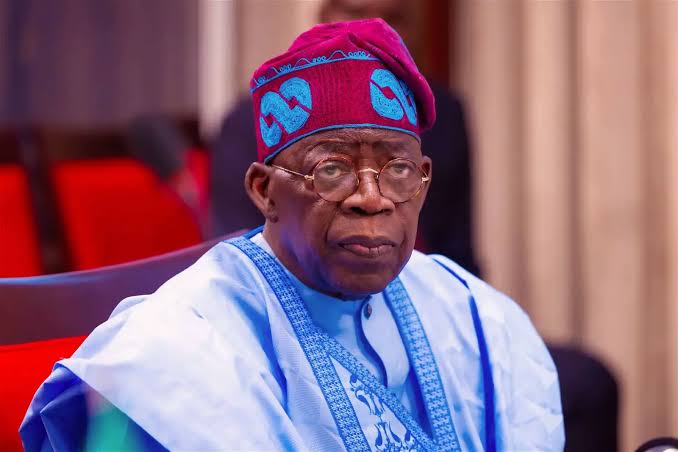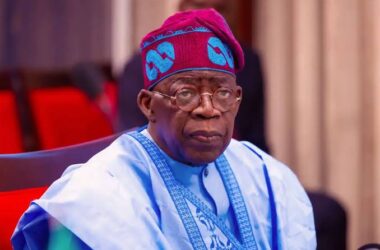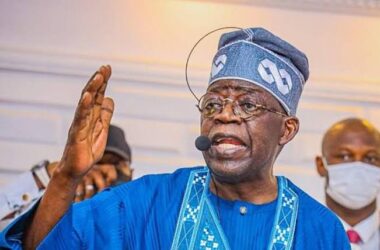President Bola Tinubu is scheduled to travel to China in early September. The visit aims to enhance Nigeria’s economic partnerships and attract vital investments from Chinese companies.
During his trip, President Tinubu will focus on fostering stronger ties between Nigeria and China. The President’s Special Adviser on Media and Publicity, Ajuri Ngelale, revealed details about the upcoming visit in a briefing at the State House in Abuja on Tuesday.
Ngelale explained that President Tinubu’s itinerary includes visits to key Chinese firms such as Huawei Technologies and the China Rail and Construction Corporation (CRCC).
These visits are part of an effort to expedite the completion of the Ibadan to Abuja section of the Lagos to Kano high-speed rail project. This rail project is a major infrastructure initiative for Nigeria.
In addition to site visits, President Tinubu will meet with the CEOs of ten prominent Chinese corporations. These companies manage assets exceeding $3 trillion and are involved in various sectors including information and communications technology, oil and gas refining, aluminum production, seaport development, finance, and satellite technology.
He stated “His Excellency, President Bola Ahmed Tinubu, will depart for the People’s Republic of China, most specifically, Beijing, from the nation’s capital within the first week of September, to engage in a series of meetings and activities with immediate and future benefit to the Nigerian economy and the Nigerian people.
“First and foremost, His Excellency, Mr. President, will conduct site visits to two major Chinese corporations; Huawei Technologies, as well as the China Rail and Construction Corporation, (CRCC). This is to achieve one of Mr. President’s top agenda items, which is the completion of the Ibadan to Abuja segment of the Lagos to Kano high-speed rail line.
“Thereafter His Excellency, Mr. President, will meet 10 selected chief executive officers of 10 major Chinese corporations with assets under management totaling over $3 trillion US dollars across multiple sectors of the economy, including information and communications technology, refining oil and gas, aluminum production, seaport construction, harbour construction and dredging services, financial services, satellite technology development, as well as many other critical sectors.”










